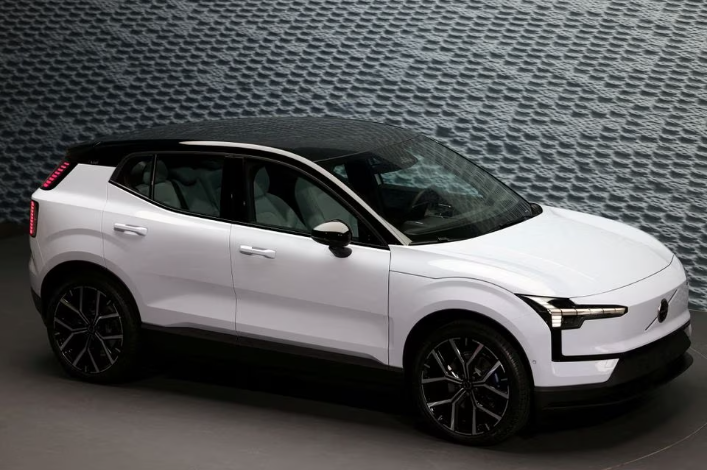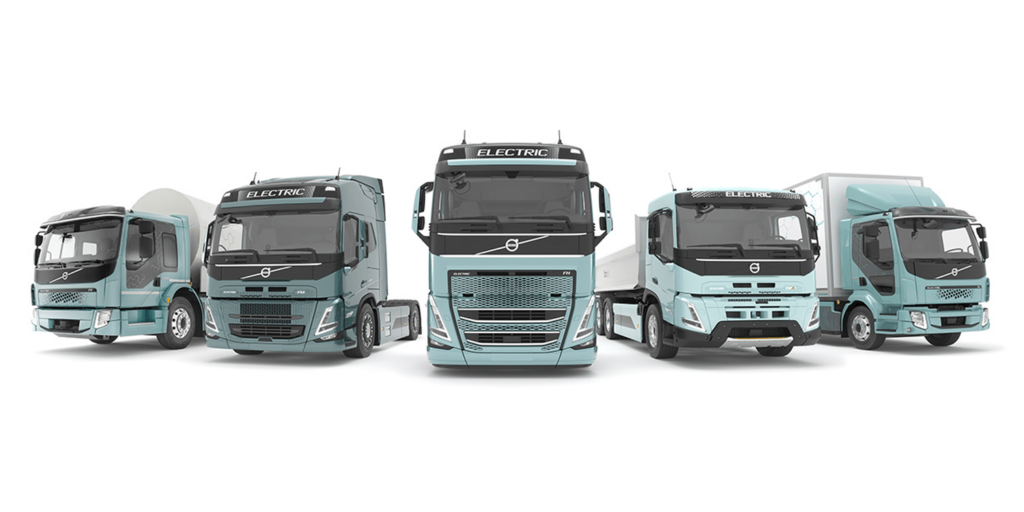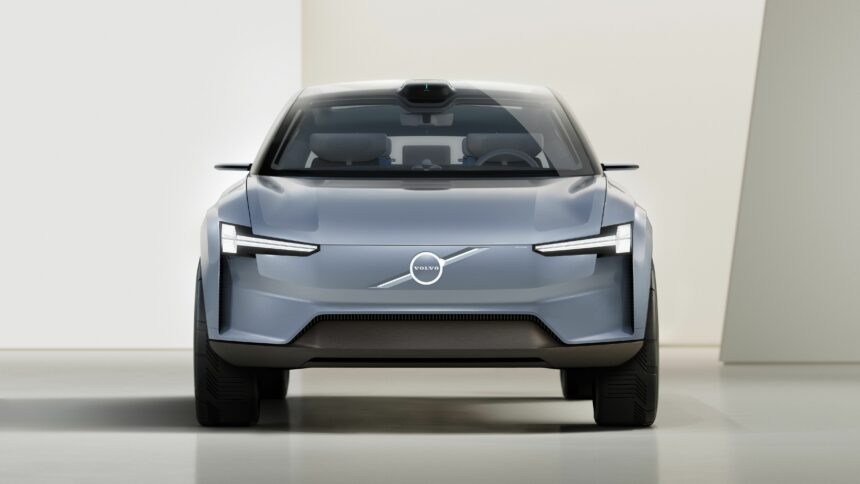During Climate Week NYC, Volvo, which is owned by Geely, unveiled its latest intentions to discontinue diesel vehicle production. In an official announcement, the automaker revealed its commitment to ceasing the production of all diesel vehicles in the upcoming months.
Volvo is set to manufacture its final diesel-powered vehicle in early 2024. These developments precede Volvo’s broader strategy of exclusively manufacturing electric vehicles (EVs) starting in 2030, with the ultimate goal of achieving full climate neutrality by 2040.

Electric powertrains are our future, and superior to combustion engines: they generate less noise, less vibration, less servicing costs for our customers and zero tailpipe emissions. We’re fully focused on creating a broad portfolio of premium, fully electric cars that deliver on everything our customers expect from a Volvo – and are a key part of our response to climate change.
Jim Rowan, CEO of Volvo
In the press release, Volvo also emphasized that it had divested its stake in the Aurobay joint venture last year, signifying the company’s complete exit from combustion engine development assets. Consequently, Volvo is no longer allocating funds towards research and development for new internal combustion engines (ICE). The automaker underscored the importance of urgent action to address climate change, citing the United Nations Global Climate Stocktake report.
Furthermore, Volvo’s Chief Sustainability Officer, Anders Kärrberg, is slated to participate in an event organized by the Accelerating to Zero (A2Z) coalition during Climate Week NYC this week. This event aims to foster collaboration among various companies to accelerate the transition of the transportation sector towards electric vehicles (EVs).

What the world needs now, at this critical time for our planet and humanity, is leadership. It is high time for industry and political leaders to be strong and decisive, and deliver meaningful policies and actions to fight climate change. We’re committed to doing our part and encourage our peers as well as political leaders around the globe to do theirs.
Jim Rowan, CEO of Volvo
Recently, Volvo forged a partnership with Connected Energy to recycle their previous electric vehicle (EV) batteries and repurpose them into containerized battery energy storage systems (BESS). This initiative is akin to Tesla’s arrangement with battery recycler Redwood Materials. The BESS units will find application at Volvo’s production facility located in Gothenburg, Sweden.








